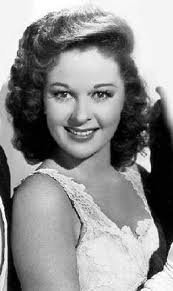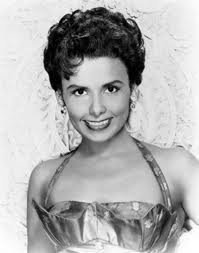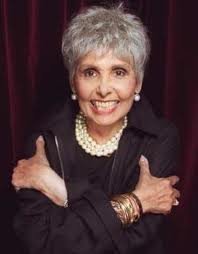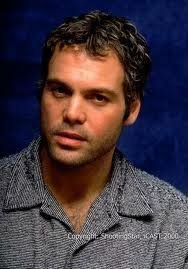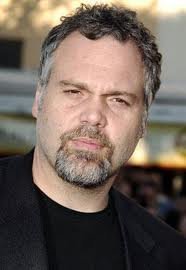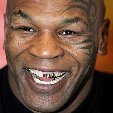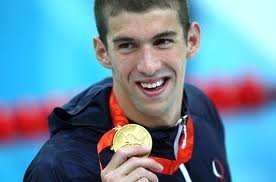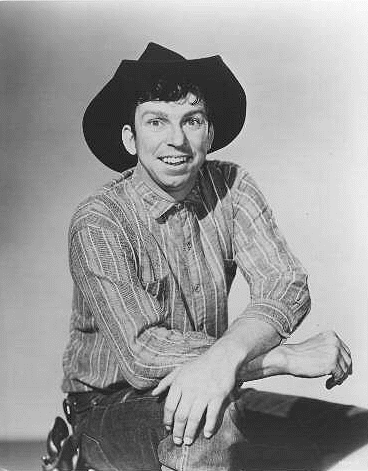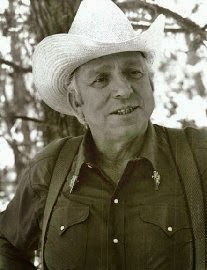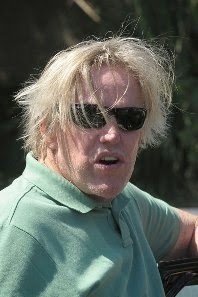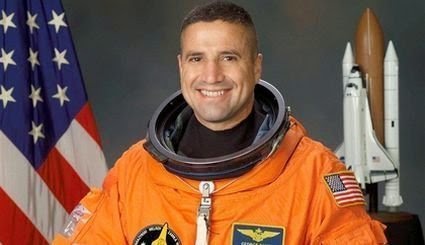Horse racing is an equestrian performance sport, typically involving two or more horses ridden by jockeys (or sometimes driven without riders) over a set distance for competition. It is one of the most ancient of all sports, as its basic premise – to identify which of two or more horses is the fastest over a set course or distance – has been mostly unchanged since at least classical antiquity.
Horse races vary widely in format, and many countries have developed their own particular traditions around the sport. Variations include restricting races to particular breeds, running over obstacles, running over different distances, running on different track surfaces, and running in different gaits. In some races, horses are assigned different weights to carry to reflect differences in ability, a process known as handicapping.
While horses are sometimes raced purely for sport, a major part of horse racing's interest and economic importance is in the gambling associated with it, an activity that in 2019 generated a worldwide market worth around US$115 billion.
History
Horse racing has a long and distinguished history and has been practiced in civilizations across the world since ancient times. Archaeological records indicate that horse racing occurred in Ancient Greece, Ancient Rome, Babylon, Syria, Arabia, and Egypt. It also plays an important part of myth and legend, such as in the contest between the steeds of the god Odin and the giant Hrungnir in Norse mythology.
Chariot racing was one of the most popular sports of ancient Greece, Rome and the Byzantine Empire. By 648 BCE, both chariot and mounted horse racing events were part of the ancient Greek Olympics, and were important in the other Panhellenic Games. Chariot racing was dangerous to both driver and horse, often leading to serious injury and even death. In the Roman Empire, chariot and mounted horse racing were major industries. From the mid-fifth century BCE, spring carnival in Rome closed with a horse race. Fifteen to twenty riderless horses, originally imported from the Barbary Coast of North Africa, were set loose to run the length of the Via del Corso, a long, straight city street. The race lasted about two-and-a-half minutes.
In later times, Thoroughbred racing became popular with British royalty and aristocrats, earning it the title of "Sport of Kings".
Historically, equestrians honed their skills through games and races. Equestrian sports provided entertainment for crowds and displayed the horsemanship required for battle. Horse racing evolved from impromptu competitions among riders and drivers. The various forms of competition, which required demanding and specialized skills from both horse and rider, resulted in the systematic development of specialized breeds and equipment. The popularity of equestrian sports throughout the centuries has resulted in the preservation of skills that would otherwise have vanished once horses were no longer used in combat.
In Britain, horse racing became well-established in the 18th century, and continued to grow in popularity. King Charles II (reigned 1649 to 1685) was an avid sportsman who gave Newmarket its prominence. By 1750, the Jockey Club was formed as a way to control the Newmarket races, set the rules of the game, prevent dishonesty, and create a level field. The Epsom Derby began in 1780. The first of the five classic races began with the St Leger Stakes in 1776. In 1814, the system was complete with five annual races. While Newmarket and the Jockey Club set the standards, most of the racing took place in landowners' fields and in rising towns for small cash prizes and enormous local prestige. The system of wagering was essential to funding and growing of the industry, and all classes, from paupers to royalty. participated. Members of high society were in control, and they made a special effort to keep out the riff-raff and to keep the criminal element away from the wagering. With real money at stake, the system needed skilled jockeys, trainers, grooms, and experts at breeding, which opened up new careers for working-class rural men. Every young ambitious stable boy could dream of making it big.
Horse racing was one of the few sports that continued during the 2020 COVID-19 crisis, with the Australian and Hong Kong racing jurisdictions carrying on, albeit with no crowds. The United States, the United Kingdom, and France were some of the more prominent racing bodies to either postpone or cancel all events.
If you want to read a whole lot more, go here: https://en.wikipedia.org/wiki/Horse_racing
- 2 (15-ounce) cans red salmon, drained and flaked (skin and bones discarded)
- 2 (10 -ounce) cans condensed cream of celery soup
- 1 (14-ounce) can sliced carrots, drained
- 4 cups cooked elbow macaroni
- 1 small onion, finely chopped
- 1 cup (4 ounces) shredded sharp Cheddar cheese
- 1 cup milk
- 1/4 teaspoon black pepper
- 1/2 cup plain dry bread crumbs
- 2 tablespoons butter, melted
- Preheat oven to 375º. Coat a 9- x 13-inch baking dish with cooking spray, set aside.
- In a large bowl, combine salmon, soup, carrots, macaroni, onion, cheese, milk, and pepper; mix well. Spoon mixture into prepared baking dish.
- In a small bowl, combine bread crumbs and butter; mix well then sprinkle evenly over casserole.
- Bake 45 to 50 minutes, or until heated through and topping is golden.
***Our Test Kitchen likes to use a good-quality red salmon to make this a really flavorful casserole, but any variety of canned salmon will work.
1985 – Michael Phelps, American swimmer





